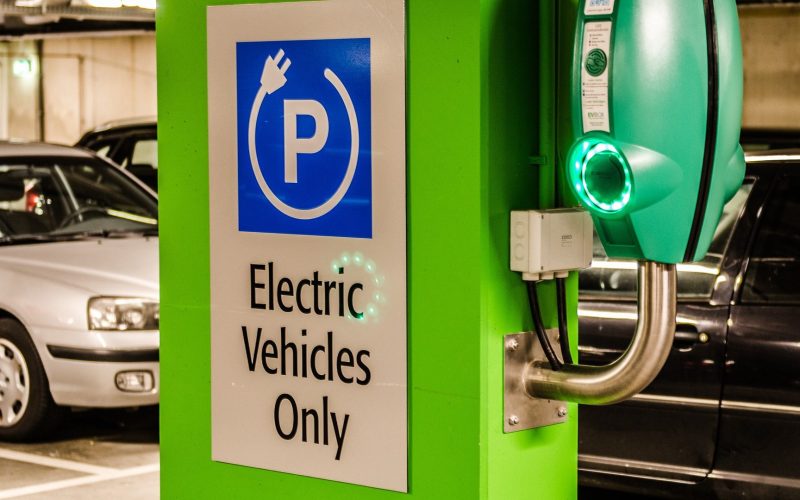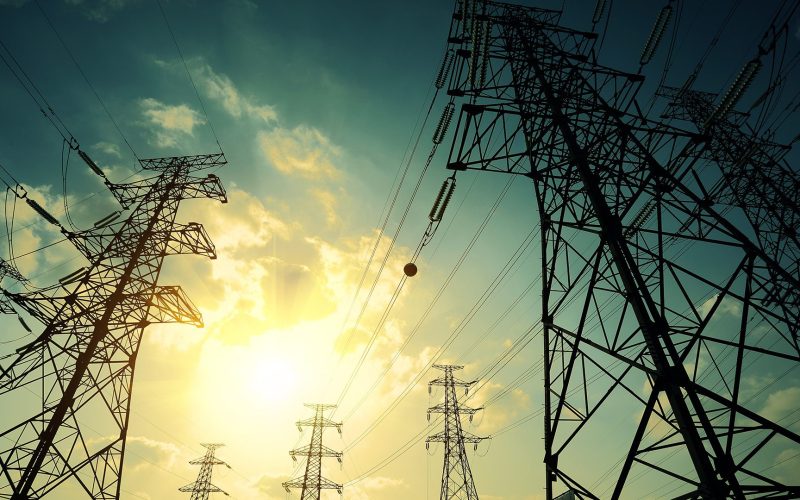THE VOICE FOR THE ENERGY CONSUMER

CEA Southwest Executive Director Matthew Gonzales looks at how recent regulatory efforts will harm New Mexico families and businesses, without improving our shared environment. A new Environmental Protection Agency proposal.

Bill introduced by Senators Cassidy, Cruz will give certainty to Gulf of Mexico Requires two Gulf offshore oil and natural gas lease sales each in 2024, 2025 WASHINGTON – Consumer.

As Massachusetts’s policymakers continue to neglect the warnings of stakeholders on the cost and reliability of New England’s electricity, CEA’s Marc Brown examines the impact this will have on families.

Vast Majority of Public Commenters Told EPA that Louisiana is Ready to Self-Regulate Carbon Capture and Storage BATON ROUGE – Consumer Energy Alliance (CEA), the leading energy and environmental advocate.

CEA’s Chris Ventura sat down with Jayson Luber to discuss EV mandates and Consumer Energy Alliance’s latest report, Freedom to Fuel: Consumer Choice in the Automotive Marketplace. Listen here –.

Louisiana has long, successful record of assuming regulatory oversight Carbon capture essential to meeting environmental goals, preserving vital Louisiana industries BATON ROUGE – Consumer Energy Alliance, the leading energy and.

CEA President, David Holt, joined the TD Ameritrade Network to discuss CEA’s latest report, Freedom to Fuel: Consumer Choice in the Automotive Marketplace, and the pitfalls that may occur if.

CEA President David Holt joined KTRH to talk about record breaking electricity usage and whether consumers can count on the reliability of Texas’s electric grid to carry on through the.

• CEA applauds N.C. General Assembly for passing House Bill 130, pre-empting municipalities from banning energy sources • If signed into law, N.C. would be 25th state to defend consumer.